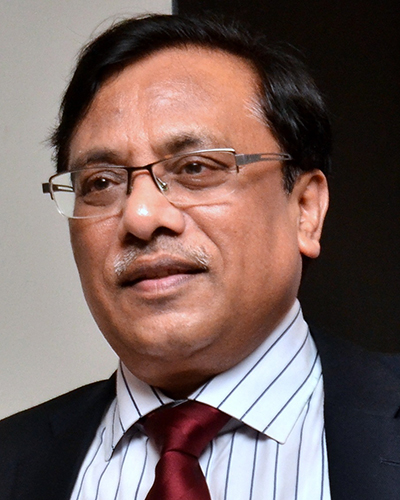Damage analysis and expert testimony
11 Nov 2024
Author:
Complicated cases often require a comprehensive expert report and the expert’s deposition to settle the case. This trend of engaging experts is increasing because of the ever-widening gap between what the average person knows and what specialists know and are able to explain. Hence, it is de rigueur for an expert’s work to reflect his specialized knowledge.
The expert must always make sure that their conclusions are supported by analyses, tests and inspections. Judges are often less persuaded by summaries which begin with words like: “In my opinion” or “Based on my experience”. It would be more positive to use phrases such as “My analysis indicates”, “The data supports” or “The market tells us”.
It is very common for the opposing party to attempt to discredit experts who do not adhere to the rigorous analytical aspects of their profession.
Data, studies and information from Government sources are often more credible in the eyes of a judge as compared to academic publications or treatises because experience suggests that while one learned treatise may support an expert’s argument, another treatise by an equally qualified author may be in direct conflict with that treatise.
It would not be over-emphasizing to repeat that an expert’s work is not complete unless it is accompanied by a good presentation. Good presentation encompasses a well- planned delivery of the evidence and opinion that is supported by useful charts, graphs or other visually appealing exhibits, as well as the expert’s dress, conduct and manner. An expert may have the best credentials and investigative skills but might still lose in the courtroom to another expert who has prepared an interesting presentation that is not only insightful but also visually appealing and simple to understand.
During cross-examination, the expert should be prepared for open-ended questions that aim to force the expert to explain the work which was done, and the rationale for the conclusions. Questions beginning with “who”, “what”, “where”, “when”, “why” and “how” are designed to extract information from the expert in a manner such that a simple “Yes” or “No” response would circumvent.
Therefore, before appearing in court, the expert should ensure that they have the answers to the following question:
It would not be over-emphasizing to repeat that an expert’s work is not complete unless it is accompanied by a good presentation. Good presentation encompasses a well- planned delivery of the evidence and opinion that is supported by useful charts, graphs or other visually appealing exhibits, as well as the expert’s dress, conduct and manner. An expert may have the best credentials and investigative skills but might still lose in the courtroom to another expert who has prepared an interesting presentation that is not only insightful but also visually appealing and simple to understand.
During cross-examination, the expert should be prepared for open-ended questions that aim to force the expert to explain the work which was done, and the rationale for the conclusions. Questions beginning with “who”, “what”, “where”, “when”, “why” and “how” are designed to extract information from the expert in a manner such that a simple “Yes” or “No” response would circumvent.
Therefore, before appearing in court, the expert should ensure that they have the answers to the following question:
- What assumptions did the expert make?
- What are the factuais bases for the expert’s opinion(s), and how do these facts lead to the expert’s conclusion(s)?
- What information has the expert relied upon which was provided by the lawyer or client?
- What concerns does the expert have regarding their own conclusion?
- Under what circumstances would the expert have used a different methodology?
- What alternative hypotheses could explain the expert’s observations?
- What other works would the expert have liked to perform but was unable to?
A list of questions similar to the one given above would prepare the expert for a convincing and credible testimony. A thorough review of the expert’s own work will prepare them well in advance of the deposition.
************************************************************


